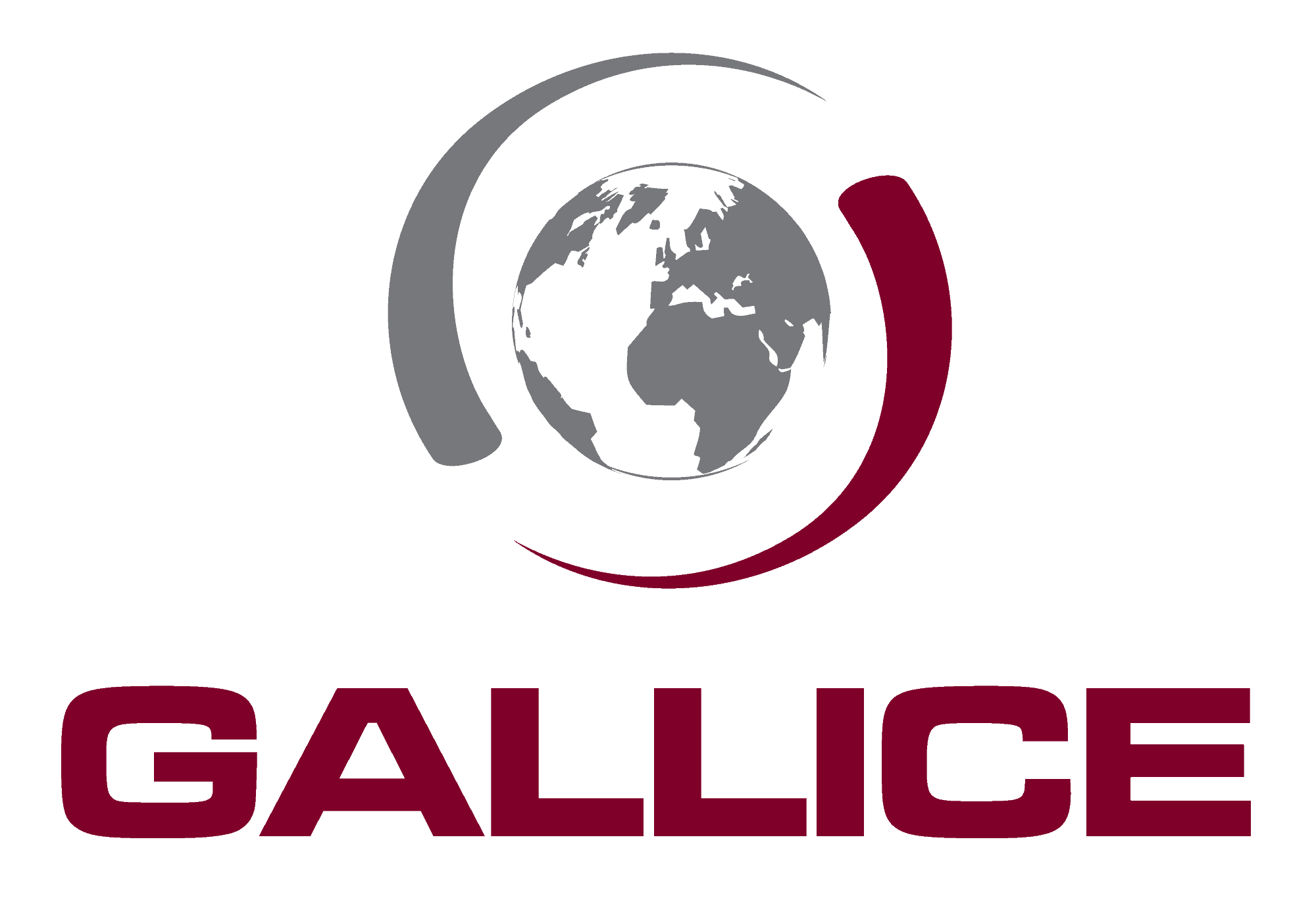BANGLADESH
In 2025, Bangladesh continues to face a series of major structural challenges, including overpopulation, chronic poverty, political instability, and climate vulnerability. Although the country shows resilient economic growth, it is insufficient to offset deepening inequalities and rising social tensions.
The general elections of January 2024, once again won by Prime Minister Sheikh Hasina, were marred by violence and allegations of fraud, further deepening political polarisation. The opposition, partly repressed, continues to denounce an authoritarian regime marked by the systematic use of security forces to suppress dissent.
Social movements represent a genuine risk in Bangladesh. On August 5th, 2024, protests led to the resignation and flight of Sheila Hassen, who escaped by helicopter as thousands of demonstrators stormed her official residence in Dhaka. The violent crackdown on these protests resulted in over 300 deaths and thousands of arrests.
The social climate remains tense, particularly in the textile sector, the backbone of the Bangladeshi economy. Strikes and regular protests were reported throughout 2024, especially in Dhaka, Chittagong, and Narayanganj. These mobilisations are sometimes met with harsh repression, including arbitrary arrests and restrictions on access to social media.
In terms of security, crime rates remain high, particularly in major urban centres. Theft, sexual assaults, and extortion are common. Rural areas are not exempt: violent attacks, home invasions, and kidnappings are regularly reported, especially in border or remote regions.
The terrorist threat, though moderate, persists. Islamist sleeper cells — sometimes affiliated with the Islamic State — continue to be dismantled. Targeted attacks against religious minorities, diplomats, or expatriates cannot be ruled out, as illustrated by sporadic incidents in 2024. Government surveillance of radical Islamist circles remains active and relatively effective.
The humanitarian situation remains concerning: Bangladesh still hosts over one million Rohingya refugees in overcrowded camps, particularly in Cox’s Bazar. Crime in these areas is soaring, with increased human trafficking, drug and arms smuggling, in a context of deteriorating living conditions and growing insecurity. NGO operations in the country are increasingly complex. Under Sheikh Hasina’s government, NGOs are often accused of serving foreign interests. The Foreign Donations Regulation Act 2016 imposes strict constraints on foreign funding, registration, and activities. NGOs risk suspension if they politically disagree with the government, and they are under close surveillance by intelligence services.
International NGOs are also targeted by disinformation campaigns, mistrusted by the population, and face competition from local NGOs backed by the government, which often hinder their operations. As a result, NGO personnel may face threats, harassment, or even physical attacks, particularly in sensitive rural areas. These organisations may also become embroiled in local tensions — especially those working with ethnic minorities — and face localised terrorism, being perceived as “Western agents”.
Furthermore, the country remains extremely vulnerable to climate change. Seasonal floods, cyclones, and extreme heatwaves causing dozens of deaths and millions of displacements in 2024. These disasters intensify internal migration and place increasing pressure on urban infrastructure.
For travellers, only visits to the capital and heavily secured areas should be considered, and only with strict security arrangements. Travel outside Dhaka or in border regions
